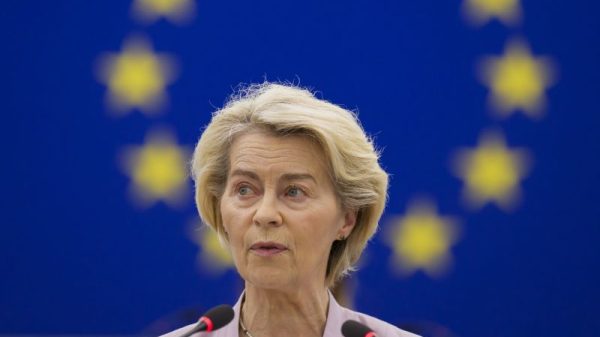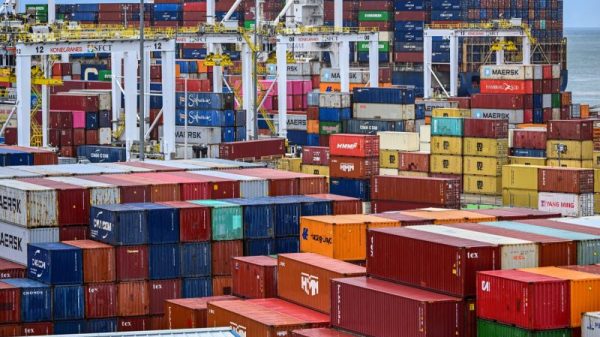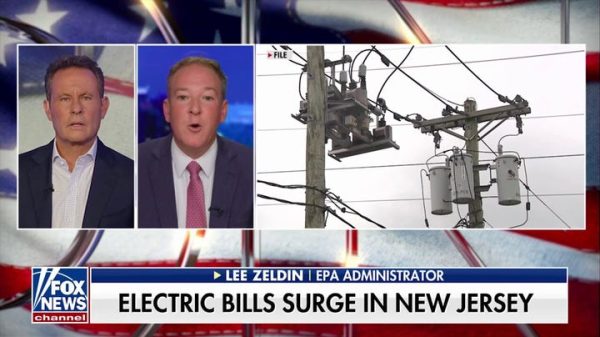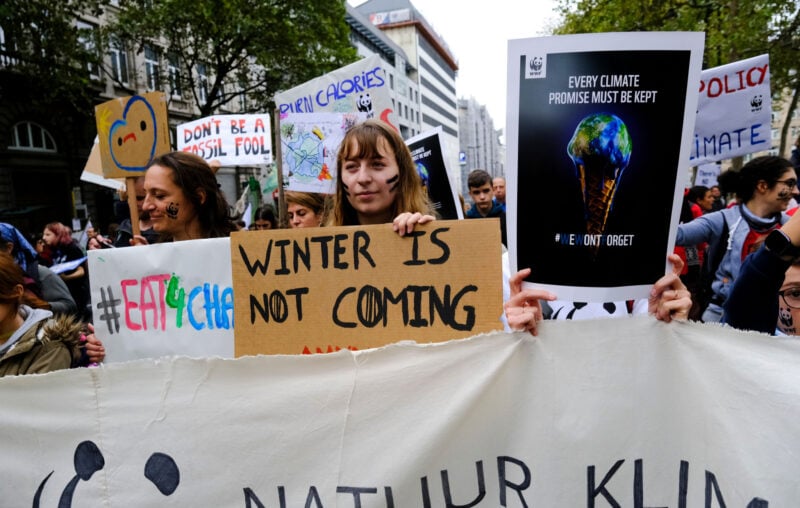United Nations climate conferences typically reach their peak just as they close, when they unveil to the world whatever new international agreements have been signed between politicians supposedly committing to saving the planet. But COP27, the latest annual gathering hosted by the UN to discuss environmental policy, concluded last month without so much as a whisper. The achievements of COP27, (held in Sharm el Sheikh, Egypt) seemed to have already disappointed anyone hoping for progress, before the delegates even had a chance to board their private jets for the journey home.
The COP26 summit, held in Glasgow last year, didn’t have much of an impact on global environmental policy either. During concluding remarks, conference president Alok Sharma broke down in tears on stage and apologized to the audience for the conference’s inability to significantly advance its goals to consolidate its world-saving environmental policies. He apologized for the arduous process’s outcome, saying, “May I just say to all delegates, I apologize for the way this process has unfolded, and I am deeply sorry.”
Maybe the only thing that went off without a hitch (or so it seemed at the time) at COP26 was a radical new deforestation strategy. World leaders promised that deforestation would come to a grinding halt by the year 2030. In addition, they claimed that by the end of the decade, the effects of deforestation will have been reversed. Then-Prime-Minister Boris Johnson remarked, “We have to halt the tragic destruction of our woods.”
What had first seemed like a triumph quickly turned out to be a disaster. The plan’s inability to meet its first milestone in February was the first sign that it was running behind schedule. Massive international conventions are excellent for establishing goals and making the right noises, but when delegates return to their home nations, they find that little has changed. When leaders engage in such virtue-signaling, the world suffers, because effective measures are put on hold in favor of grandiose plans that attract attention but fail to address the details.
It may be simple to set goals at conferences, but actually preventing and reversing deforestation is a formidable challenge. Companies and international leaders appear to have made those same mistakes at COP27 by reinforcing their commitment to the goal of ending deforestation, but failing to establish what that actually involves. Delaying action on deforestation this way raises the likelihood of short-sighted, harmful measures like meat levies and product import restrictions further down the line.
Undeterred by last year’s failures, COP27 seemed to spark interest in additional, poorly conceived programs to combat deforestation, combined with unrealistic goals. Several major participants in the food sector, for example, stated their intention to “eliminate deforestation from their supply chains,” but they have not elaborated on what this statement means in practice.
Beef, soy, and palm oil are among the typical targets of those who want to look like they are confronting deforestation. The European Union’s (EU’s) Due Diligence Proposal from earlier this year, which severely restricted imports of those villainized products to Europe, drove up prices for businesses and consumers and, in some cases, forced manufacturers to switch to alternative ingredients that cause more, not less, deforestation.
Innovation, not regulation, is the key to stopping deforestation. Deforestation from palm oil, for example, has decreased to a four-year low, and 72 percent of corporations have set deforestation pledges. With each passing day, deforestation shrinks further in the palm oil industry. This was accomplished without political intervention and well in advance of COP26 and COP27, but you would never know it from the way regulators talk about it, as if preventing the use of palm oil is the only way to reduce deforestation.
No matter what virtue-signalers claim, we would be shooting ourselves in the foot by trying to mitigate the effects of industry on the environment by reversing technological advancement. To do so actively raises prices during an inflationary crisis, limits access to commodities, and makes millions of people’s lives worse. To save the planet, make people’s lives better, and make the world wealthier, we need market-based approaches to environmental problems.


























